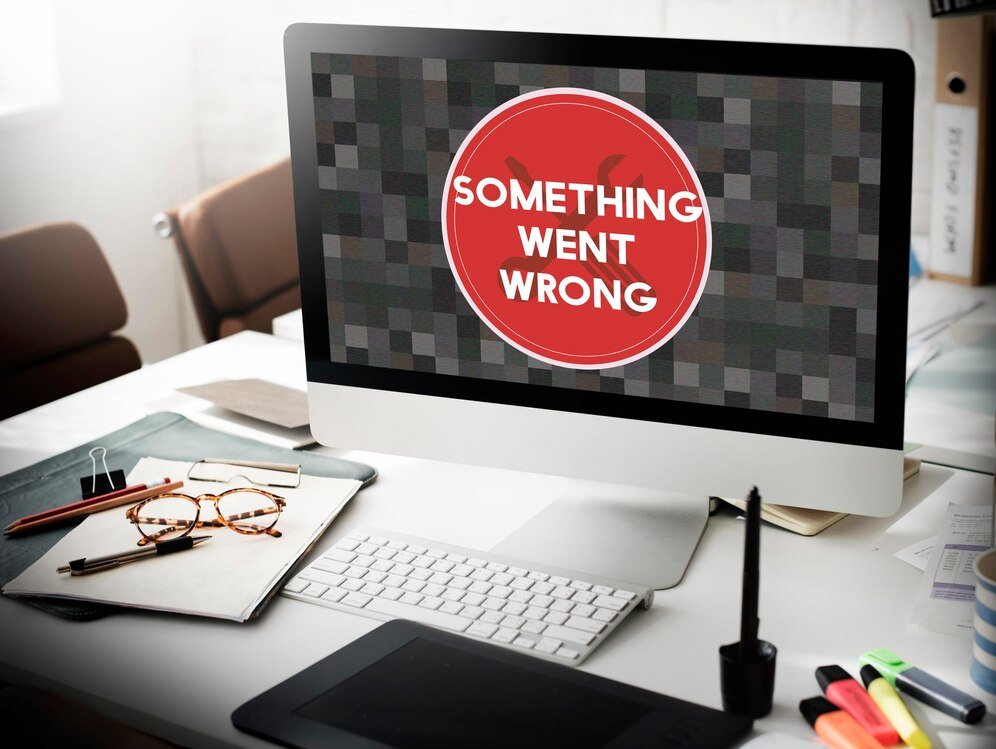The forex market, known for its vast opportunities, is also notorious for being a target of unscrupulous brokers preying on unsuspecting traders. Among the most significant risks in forex trading are unregulated brokers—entities operating without oversight from reputable financial authorities. Trading with such brokers exposes traders to potential financial loss, fraud, and lack of legal recourse. This blog will explore why unregulated brokersbrokers are so dangerous and how you can protect yourself.
What Are Unregulated Brokers?
An unregulated broker operates without the supervision of any financial regulatory authority. Regulatory bodies, such as the FCA (UK), ASIC (Australia), or NFA (USA), establish rules to ensure brokers operate transparently and ethically, safeguarding traders’ interests. Without such oversight, unregulated brokers are free to engage in fraudulent practices.
The Risks of Trading with Unregulated Brokers
1. Lack of Fund Protection
Regulated brokers are required to segregate client funds from their operational accounts. This ensures your money is protected even if the broker faces financial trouble. Unregulated brokers, however, have no such obligation, often leading to cases of fund misappropriation.
2. Fraudulent Activities
Unregulated brokers frequently employ deceitful practices, including:
- Manipulating Trades: Deliberately creating slippage or rejecting profitable trades.
- Refusing Withdrawals: Denying traders access to their own money without valid reasons.
- Vanishing Overnight: Closing operations and disappearing with client funds.
3. No Legal Recourse
If an unregulated broker cheats you, you have limited or no legal protection. Regulatory authorities can only act against brokers under their jurisdiction. Without regulation, recovering your funds becomes nearly impossible.
4. Excessive Risk from High Leverage
Unregulated brokers often offer extremely high leverage (e.g., 1:1000 or more) to attract inexperienced traders. While high leverage can amplify profits, it also dramatically increases the risk of significant losses.
5. Misleading Marketing Practices
Unregulated brokers commonly lure traders with fake promises, including:
- Guaranteed profits.
- Unrealistically tight spreads or low fees.
- Risk-free trading claims.
How to Spot an Unregulated Broker
Recognizing an unregulated broker is essential to avoiding their traps. Look for these warning signs:
1. No Mention of Regulation
Legitimate brokers prominently display their regulatory credentials. If you can’t find licensing information or a regulator’s name on their website, it’s a red flag.
2. Unverifiable Claims
Claims like “100% guaranteed profits” or “risk-free trading” are unrealistic. No broker, regulated or not, can eliminate the inherent risks of forex trading.
3. Lack of Transparency
Unregulated brokers often hide critical information, such as:
- Terms and conditions.
- Fee structures.
- Withdrawal policies.
4. Negative Online Reviews
Search for the broker’s name alongside terms like “scam” or “fraud.” Many traders share their experiences online, which can provide valuable insights.
Protecting Yourself from Unregulated Brokers
1. Verify Regulatory Status
Check if the broker is registered with a reputable regulatory authority. Most regulators allow you to search their database to confirm a broker’s license.
2. Start with Small Deposits
Test the broker’s services with a small deposit before committing significant funds. This can help identify issues with their trading platform or withdrawal process.
3. Avoid Unrealistic Promises
Be wary of brokers that promise guaranteed returns or other claims that sound too good to be true.
4. Use Trusted Broker Review Sites
Visit well-known review sites like ForexPeaceArmy or Trustpilot to see what others are saying about the broker.
5. Educate Yourself
Learn about forex trading basics and industry standards. Knowledge is your first line of defense against scams.
Why Regulation Matters
Regulated brokers provide a safer trading environment because they:
- Ensure Transparency: Regulatory bodies require brokers to disclose all fees and policies clearly.
- Protect Funds: Clients’ funds are segregated and insured in case of insolvency.
- Resolve Disputes: Regulators often offer dispute resolution mechanisms for trader complaints.
Examples of top regulators include:
- Financial Conduct Authority (FCA) – UK
- Australian Securities and Investments Commission (ASIC) – Australia
- Commodity Futures Trading Commission (CFTC) and National Futures Association (NFA) – USA
- Cyprus Securities and Exchange Commission (CySEC) – Europe
What to Do if You’ve Been Scammed by an Unregulated Broker
If you suspect you’ve fallen victim to an unregulated broker, take the following steps:
- Report the Broker: File a complaint with local authorities or financial watchdogs.
- Contact Your Bank: Request a chargeback if you deposited funds via credit card or bank transfer.
- Warn Others: Share your experience on forums and review platforms to help others avoid the same mistake.
- Seek Legal Assistance: Consider consulting a lawyer with experience in forex fraud cases.
Conclusion
Unregulated brokers pose a significant threat to forex traders, often engaging in fraudulent practices that result in financial loss and stress. Protecting yourself requires vigilance, thorough research, and a commitment to trading only with regulated brokers. By understanding the risks and recognizing the signs of unregulated brokers, you can trade with confidence and avoid unnecessary pitfalls.
Remember: If a broker’s offer seems too good to be true, it probably is. Always prioritize regulation and transparency over enticing promises. Stay informed, stay cautious, and trade wisely!

